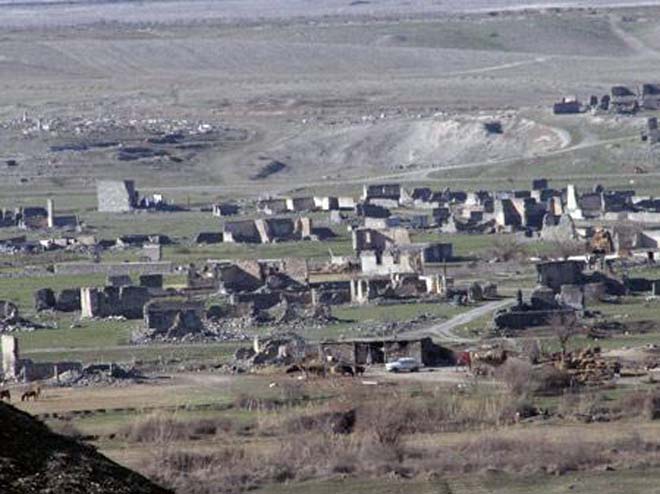Baku, Azerbaijan, Apr.17
Trend:
The Permanent Mission of Azerbaijan to the OSCE called at a meeting of the Permanent Council for the implementation of the agreement on missing persons in the conflict zones, the mission said April 17.
The Delegation of the Republic of Azerbaijan would like to draw the attention of the Permanent Council to the implementation of the agreement on exchanging data on missing persons in the conflict zone reached in Paris upon the initiative of the President of the French Republic Francois Hollande," the statement said.
The issue of missing persons continues to be one of the most serious humanitarian consequences of the conflict that affect the lives of thousands of persons who are still waiting for clarity on the whereabouts of their relatives, the statement said.
According to the estimates of the State Commission on Prisoners of War, Hostages and Missing Persons of the Republic of Azerbaijan, the fate of close to 4500 Azerbaijanis remains unknown.
"It is in this context that the Azerbaijani side attaches utmost importance to the implementation of the mentioned agreement," the statement said. "Moreover, we are of firm belief that earliest implementation of this agreement without undue politicization is of paramount importance for finding durable peaceful solution to the Armenia-Azerbaijan conflict."
Since the last meeting of the Permanent Council, the Delegation of the Republic of Azerbaijan had held rounds of consultations with the co-chairs of the OSCE Minsk Group on identifying possible practical steps for implementation of this agreement.
During these meetings the co-chairs, inter alia, attested Armenia's readiness for cooperation on exchanging data on missing persons under the International Committee of Red Cross.
"It is high time for Armenia to demonstrate its readiness to constructively engage in defining the modalities of exchanging information about the missing persons in cooperation with the ICRC and with the support of the co-chairmen of the OSCE Minsk Group," the statement said.
"We strongly believe that the OSCE has a special role to play in this regard, and consequently, reiterate our call on the co-chairmen and the members of the OSCE Minsk Group to extend their support for facilitating the implementation of the agreement on missing persons between Armenia and Azerbaijan," the statement said. "In this regard, we encourage the Serbian Chairmanship of the OSCE to arrange consultations with participation of the parties to the conflict and representatives of the ICRC with the support of the co-chairmen of the OSCE Minsk Group."
The conflict between the two South Caucasus countries began in 1988 when Armenia made territorial claims against Azerbaijan. As a result of the ensuing war, in 1992 Armenian armed forces occupied 20 percent of Azerbaijan, including the Nagorno-Karabakh region and seven surrounding districts.
The two countries signed a ceasefire agreement in 1994. The co-chairs of the OSCE Minsk Group, Russia, France and the US are currently holding peace negotiations. Armenia has not yet implemented the UN Security Council's four resolutions on the liberation of the Nagorno-Karabakh and the surrounding regions.
---
follow the author on Twitter @EmmaTariver






